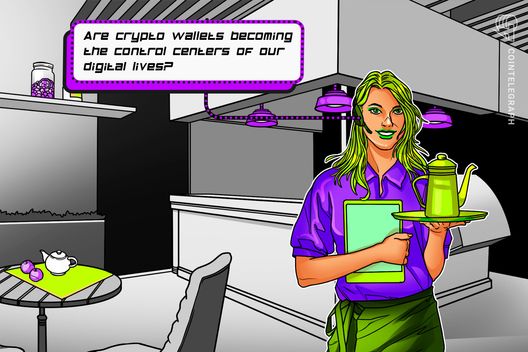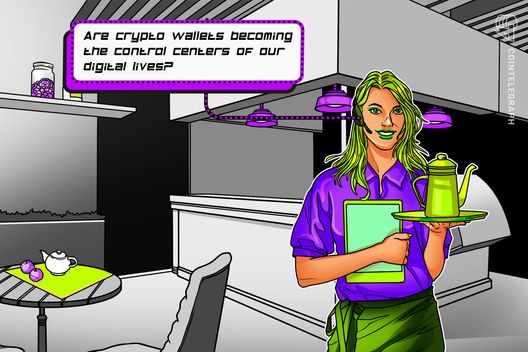The cryptocurrency industry has been making headlines lately due to regulatory battles, speculation, and hacks. However, behind the noise, cryptocurrency wallets, which serve as the primary entry point for most people into the world of digital assets, continue to evolve and redefine what it means to participate in the web3 economy.
According to Jess Houlgrave, CEO of Reown, the company behind WalletConnect, the future of cryptocurrency wallets is looking bright. In a recent episode of the Clear Crypto Podcast, Houlgrave discussed the development of wallets and their potential to become “control centers” for digital life. As she noted, “I don’t think there is a best wallet, because what every single person or company wants from a wallet will vary a very large amount.” This range of needs has driven rapid innovation in the industry, with early barriers such as seed phrases and confusing gas fees beginning to fade.
Crypto Wallet Variety
Houlgrave emphasized that different users have different priorities when it comes to wallets. Some people may want to prioritize speed and simple access, while others, such as companies, may require more advanced features for managing large amounts of crypto. As she explained, “The type of wallet I want will be very, very different” depending on the user’s needs. This variety of needs has led to a proliferation of wallet options, making it easier for users to find a wallet that meets their specific requirements.
Web3 Tech with Web 2.0 Simplicity
Houlgrave also highlighted the importance of bridging the gap between web3 complexity and web2 user experience. She noted that the best wallets have already solved many of the problems that previously plagued the industry, such as seed phrases and gas fees. As she said, “There is now so much more optionality that end users can use to select a kind” of wallet that meets their needs. The goal, according to Houlgrave, is to make using a wallet as simple as opening an app, with a familiar registration process and all the advantages of crypto, without compromising on user experience.
However, some crypto purists may be concerned that the increasing user-friendliness of wallets could come at the cost of decentralization. Houlgrave argued that choice is key, and that users should be able to select a wallet that meets their needs for security, self-sovereignty, and web3 functionality. As she noted, “Personally, I use different wallets in different ways… I think we are looking for the meeting of both the wallet experience and offer you the option that you need for security and self-sufficiency, as well as the ability to experience some of the advantages of web3 in a different way.”
The Future of Wallets
Looking to the future, Houlgrave envisioned a scenario in which wallets could become much more than just tools for managing cryptocurrency. As she explained, a wallet could potentially become a “whole handbag” that contains a user’s identity, registrations, data, medical documents, educational history, and more. This would enable users to keep all their important information in one place, making it easier to manage their digital lives. To hear more about the future of cryptocurrency wallets, listen to the full episode of the Clear Crypto Podcast on Cointelegraph’s podcasts page, Apple Podcasts, or Spotify.
For more information on the latest developments in the cryptocurrency industry, visit Cointelegraph. Read the full article on crypto wallets becoming control centers for digital lives on Cointelegraph.


